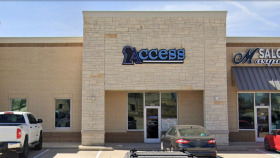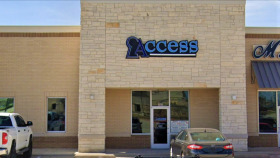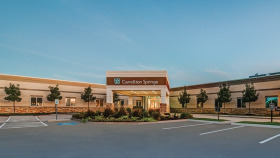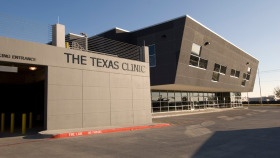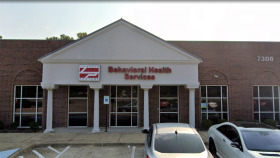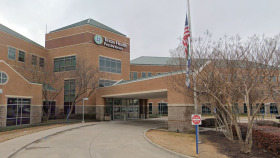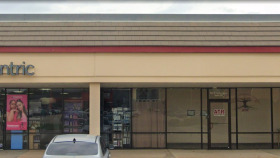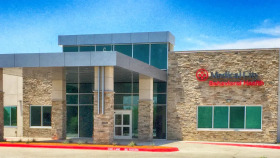Expert Insights
I learned from a recent study published in Frisco news that a medication to treat opioid use disorder reduces the risk of overdose by 62 percent! What’s surprising to me is that when we think about recovery from drugs like heroin, or pain pills, we think about AA meetings.
Yet, this study shows there are more successful treatments out there. I know of so many people who have tried to get sober in the rooms and kept relapsing, thinking they just weren’t trying hard enough. When in reality, opioid addiction is really difficult to overcome.
My hope is that more studies like this one make the news so that a medication with a high success rate is also an option synonymous with recovery. Too many people are losing their lives when there is FDA-approved treatment available.
~ Olivia Pennelle
How Expensive is Drug Rehab in Frisco?
Knowing exactly how much you will pay for treatment at a Frisco, TX, drug and alcohol rehab can be challenging since so many factors affect the cost. Prices can range from $0 at facilities that offer free care up to thousands of dollars at more luxurious centers with a lot of amenities.
Some other factors that will affect your treatment costs are:
- Whether you are in an inpatient (typically more expensive) or an outpatient program
- How long you stay in the treatment program
- Your health insurance policy
- The location of the rehab center
- Staff-to-patient ratios
- The amenities offered, such as private rooms and gourmet food
Many Frisco drug and alcohol rehabs offer payment plans, sliding-scale fees, scholarships, or other financial aid if you have trouble paying for treatment.
Resources
- Texas Health and Human Services. (2022, May 10). Alcohol-Associated Cancers. Texas Department of State Health Services.
- Substance Abuse and Mental Health Services Administration. (2016, December 16). Directory of Single State Agencies (SSA) for Substance Abuse Services
- Mentalhealth.gov. (2020, March 18). Health Insurance and Mental Health Services.
- National Institute on Drug Abuse. (2022, March 22). Treatment and Recovery. National Institutes of Health.
- Melemis, S. M. (2015, September 3). Relapse Prevention and the Five Rules of Recovery. The Yale Journal of Biology and Medicine, 88(3), 325-332.





